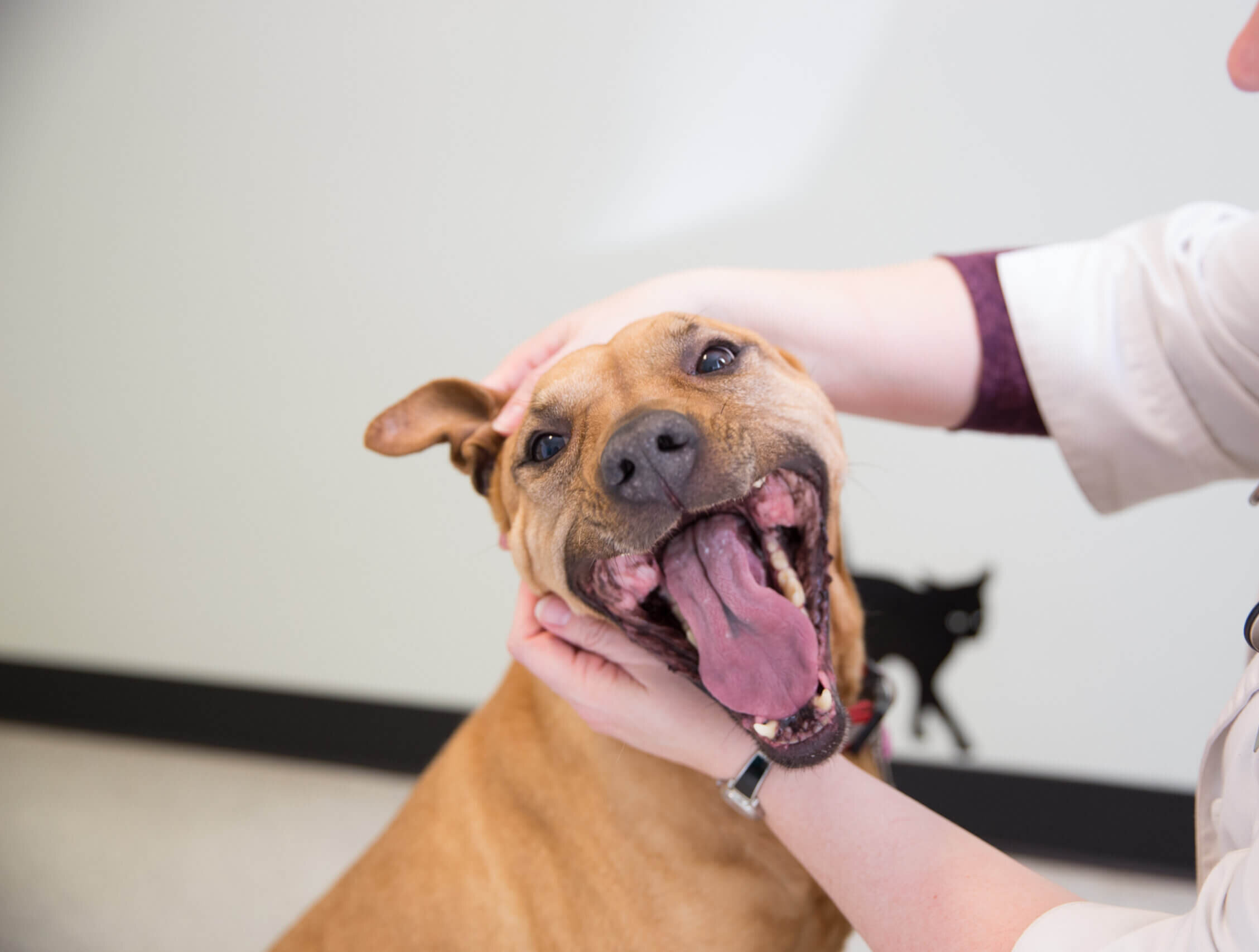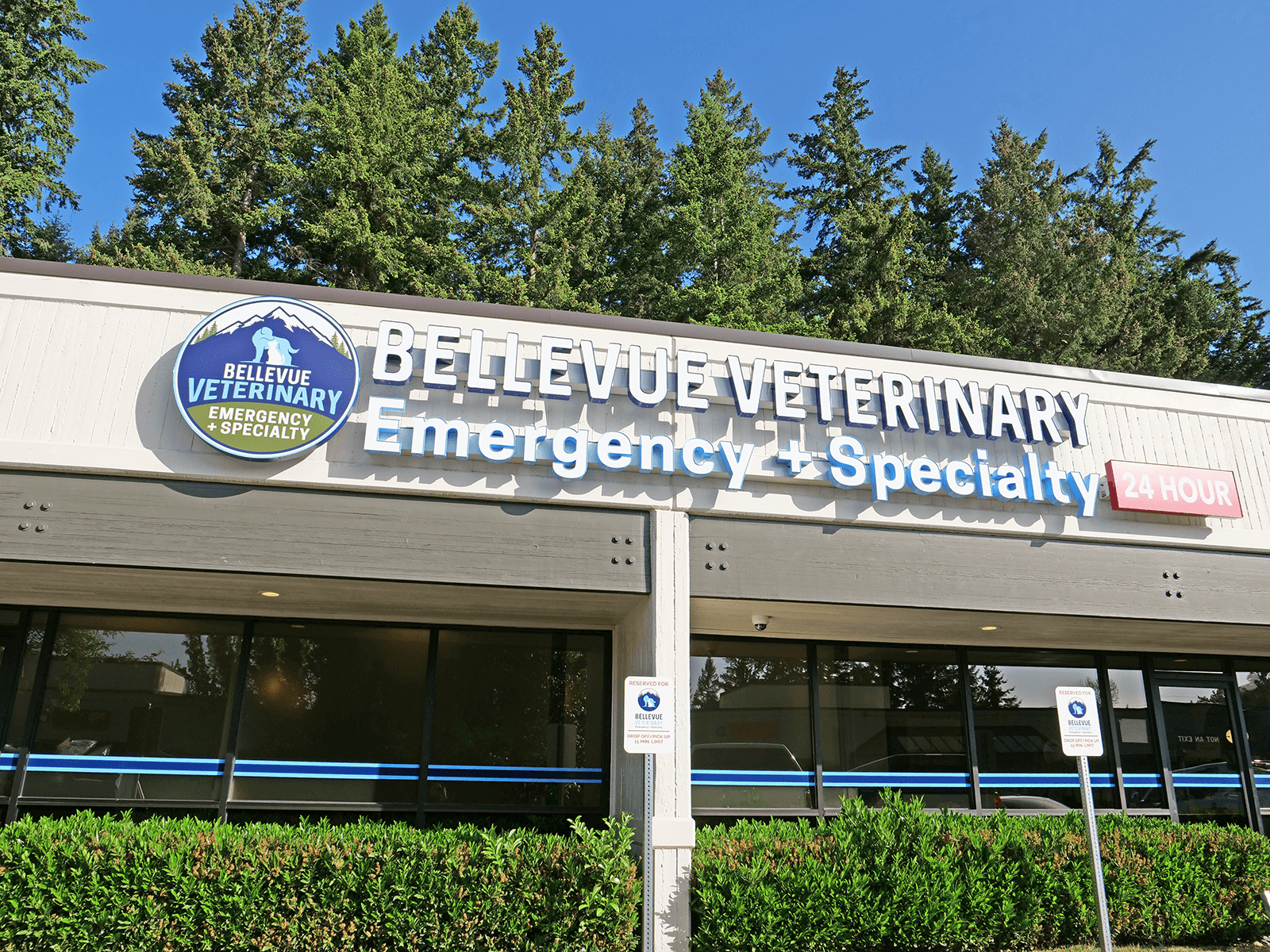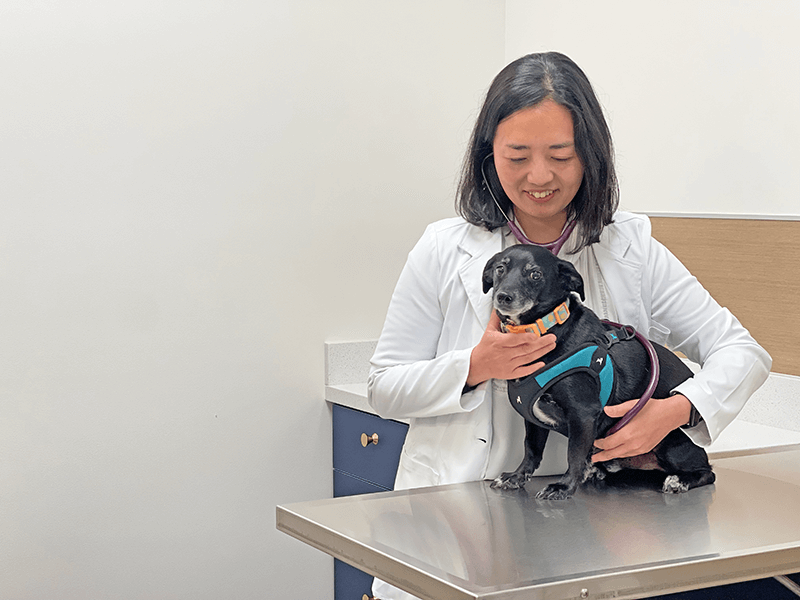Everyday items in our homes—things we might not think twice about—can be highly toxic to pets. Whether it’s food, cleaning products, or medications, accidental ingestion is one of the most common reasons for emergency veterinary visits.
Top Household Pet Toxins:
- Human foods like chocolate, grapes, onions, garlic, xylitol (in sugar-free gum)
- Over-the-counter medications such as ibuprofen, acetaminophen, or cold medicine
- Cleaning products like bleach, laundry pods, and toilet bowl cleaners
- Plants including lilies (especially deadly to cats), sago palm, and aloe vera
- Essential oils like tea tree, eucalyptus, and clove
For a complete list of household hazards, visit AVMA.
Signs of Toxicity in Pets:
- Vomiting or diarrhea
- Drooling or pawing at the mouth
- Lethargy or hyperactivity
- Tremors, seizures, or uncoordinated movement
- Collapse or loss of consciousness
What to Do in Case of Exposure:
- Keep the packaging or product label to inform your vet.
- Call the Pet Poison Helpline at (855) 764-7661
- Do not try to induce vomiting unless instructed by a veterinary professional.
- Seek emergency veterinary care as soon as possible.
Pet-Proofing Tips:
- Store food and medications out of reach and behind closed doors.
- Use pet-safe cleaners when possible.
- Avoid having toxic plants indoors or in your yard.
- Never leave food unattended, especially during gatherings.
Accidents happen fast—but so can help. If you suspect your pet has ingested something toxic, contact our team or the Pet Poison Helpline right away.





